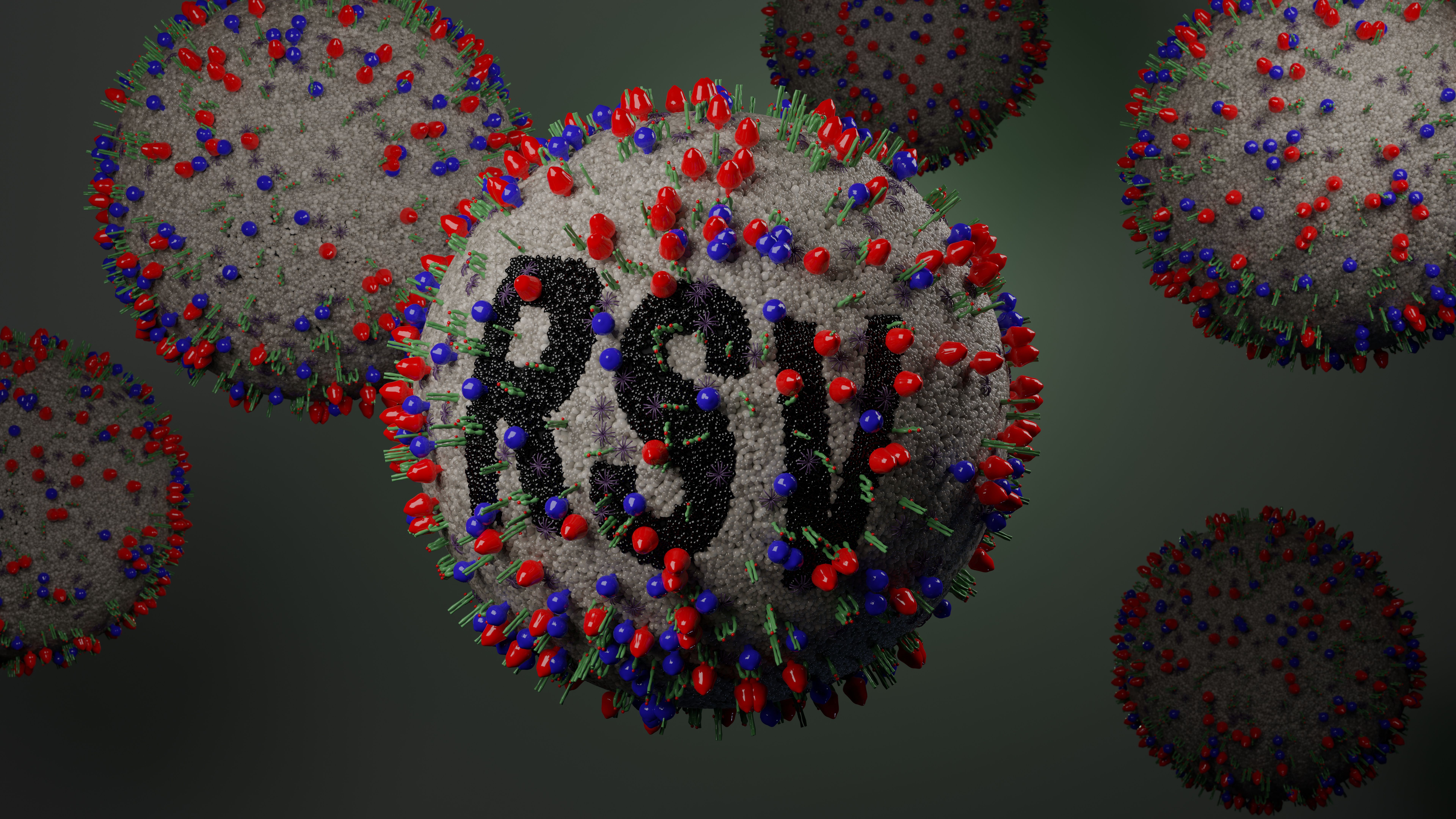Article
T Cells Show Promise in Enhancing Development of Respiratory Syncytial Virus Vaccines
Author(s):
Study investigators said that understanding how the human immune response relates to respiratory syncytial virus infection has been a major obstacle for vaccine development.
T cells play a key role in helping to control the spread of respiratory syncytial virus (RSV), according to the results of a study published in JCI Insight. The study was conducted by investigators from the International Center for the Advancement of Translational Science, the Department of Microbiology, and Immunology, and the Institute for Global Health and Infectious Diseases at the University of North Carolina School of Medicine.
Credit: Peter Hansen - stock.adobe.com

The study investigators analyzed RSV-induced human lung pathology and human immune correlates of protection. They used 2 novel precision animal models and analyzed the findings at 2 pre-determined time points, according to a the study.
“Vaccine strategies for RSV have largely focused on the induction of an antibody response. Using novel precision animal models of RSV infection, we’ve gained novel insight into how the human immune system, and in particular human T cells, controls and clears RSV infection,” Angela Wahl, PhD, assistant professor of medicine and assistant director of the University of North Carolina’s International Center for the Advancement of Translational Science, said in a statement. “Our data show that T cells can independently control RSV infection in human lung tissue in the absence of an RSV-specific antibody response. While a vaccine-induced RSV-specific T cell response would not be able to prevent infection, it could accelerate virus clearance and ameliorate disease if vaccine elicited antibodies fail to prevent infection, due to antigenic variability among circulating strains.”
Health officials are anticipating a worse season for respiratory illnesses and encourage influenza and reformulated COVID-19 immunizations, according to the statement. However, there is currently no vaccine available to protect against RSV-related lung disease. Investigators noted that the understanding of how the human immune response relates to RSV infection has been a major obstacle for vaccine development.
The results of the study showed that primed human CD8+ T cells and CD4+ T cells can control RSV replication in lung tissue when there is an absence of RSV-specific antibody responses. Investigators said the preclinical data support the development of RSV vaccines that elicit effective T cell responses, which can improve RSV vaccine efficacy.
“With our recent experience with a global pandemic caused by SARS-CoV-2 and the success of vaccines which are formulated to elicit neutralizing antibody responses it will be critical to understand how vaccine design can be tuned to also mount an effective T cell response against viral pathogens including RSV to more effectively clear infection from the lung,” Raymond Pickles, PhD,from the Microbiology and Immunology Department at the University of North Carolina, said in the statement.
On May 3, the FDA approved the RSV vaccine Arexvy (GSK) for the prevention of lower respiratory tract disease caused by RSV in those who are 60 years or older. Additionally, Pfizer and Moderna both currently have vaccine candidates that have shown efficacy against RSV-associated respiratory tract in phase 3 clinical trials.
Reference
Study shows key role for human T cells in the control of Respiratory Syncytial Virus (RSV) infection. News release. EurekAlert. May 24, 2023. Accessed June 12, 2023. https://www.eurekalert.org/news-releases/990322
Newsletter
Stay informed on drug updates, treatment guidelines, and pharmacy practice trends—subscribe to Pharmacy Times for weekly clinical insights.






